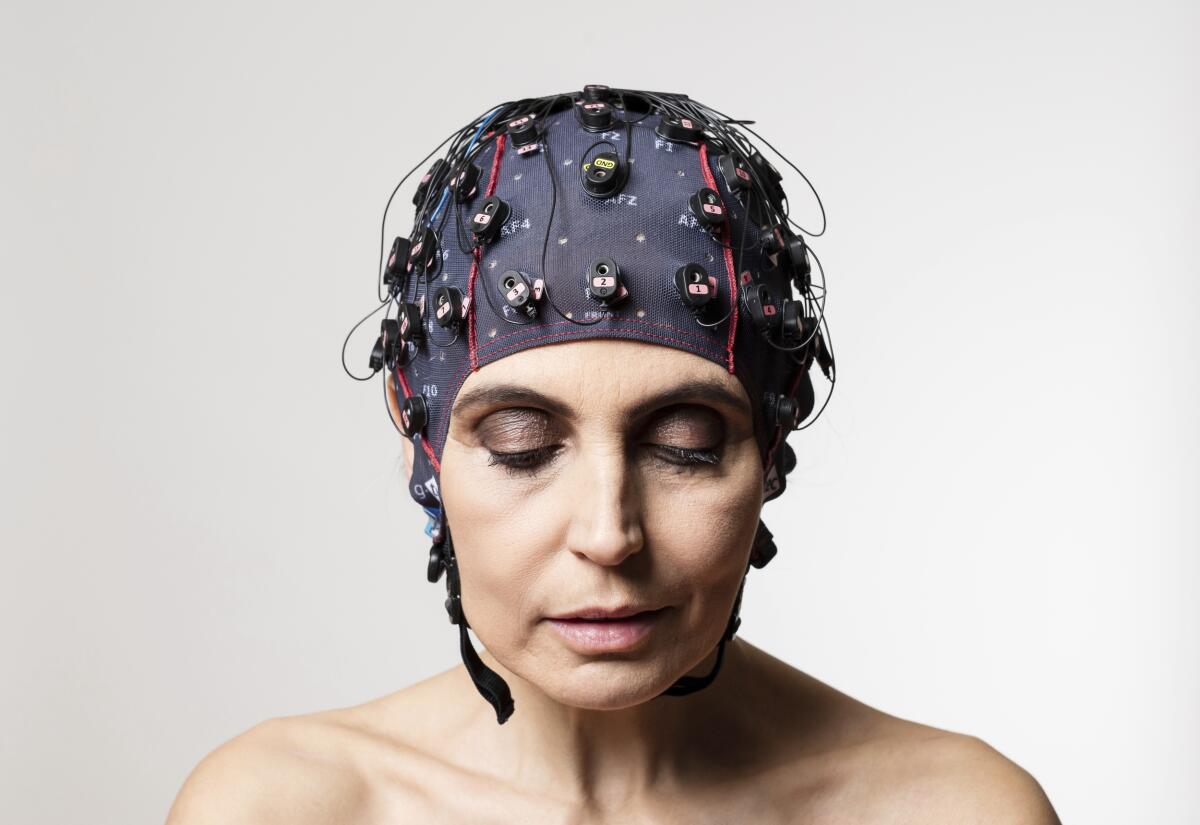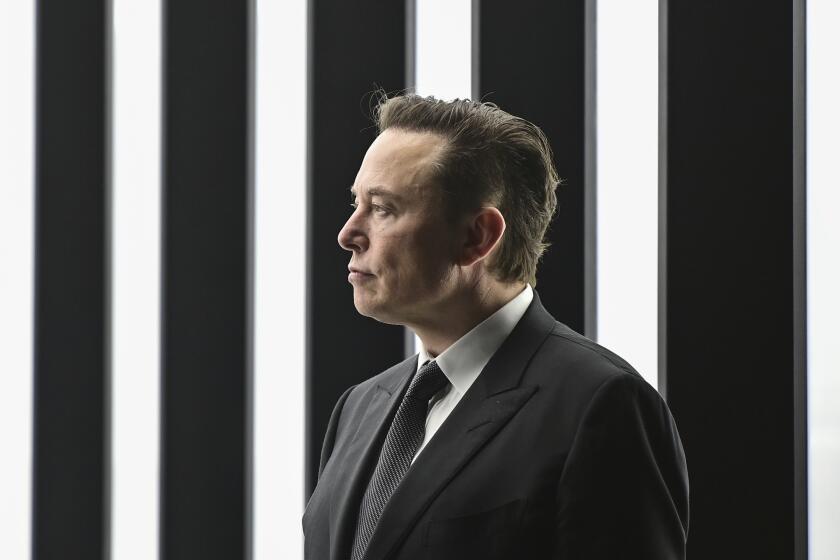Brain-implant companies balk at moves to regulate their nascent tech

The nascent field of brain-computer interfaces is particularly sensitive to security concerns, making it a natural target for stringent oversight. But at a conference Thursday, several executives warned of the potential for what they called overregulation.
Brain-computer interfaces, or BCIs, aim to enhance brain function using specialized devices. At a conference hosted by the U.S. Commerce Department, representatives from BCI companies including Elon Musk’s Neuralink Corp. spoke about their work and voiced concerns about government intervention.
Marcus Gerhardt, chief executive officer of Salt Lake City-based Blackrock Neurotech, said that in particular, curbs on access to chip manufacturers in China could limit BCI development.
“It would hamper a nascent industry,” Gerhardt said. “It would break its neck, quite frankly, if we were not able to access these production sites.”
China has deployed considerable resources to artificial intelligence and brain-computer interfaces, including a brain project with goals that include military applications. In the United States, the Defense Advanced Research Projects Agency’s Intelligent Neural Interfaces program is exploring concepts including allowing troops to control weapons with their brains.
BCIs are considered a dual-use technology, meaning they have consumer applications along with military. For that reason, they are subject to regulation from the Commerce Department’s Bureau of Industry and Standards, and could one day be subject to export controls.
Neuralink is under federal investigation for allegedly violating the Animal Welfare Act amid staff complaints its animal testing is being rushed, Reuters reported.
In May, Assistant Secretary for Export Administration Thea Kendler noted that the Commerce Department had recently added several Chinese military entities to a trade restriction list due to their work on brain-control weaponry. “An outright condemnation of export controls is not tenable given the potential for the technology’s nefarious uses,” she said.
At the conference, Neuralink Vice President D.J. Seo and others spoke about their work helping patients with conditions including paralysis and blindness. Many of the companies, particularly those working on implanted technologies, said they were in the earliest stages of seeking regulatory approval and described military applications as far off in the future. They also said they relied heavily on global supply chains, global financing and researchers not born in the United States.
“There’s a role the Commerce Department could have that is constructive and proactive in trying to get a little more carrot to the industry and a little less stick,” Paradromics Inc. Chief Executive Matt Angle said.
Elon Musk is promoting Neuralink’s work on a number of ambitious projects, but the company has yet to develop its goal of a brain-computer interface.
More to Read
Inside the business of entertainment
The Wide Shot brings you news, analysis and insights on everything from streaming wars to production — and what it all means for the future.
You may occasionally receive promotional content from the Los Angeles Times.












